Principal Investigator
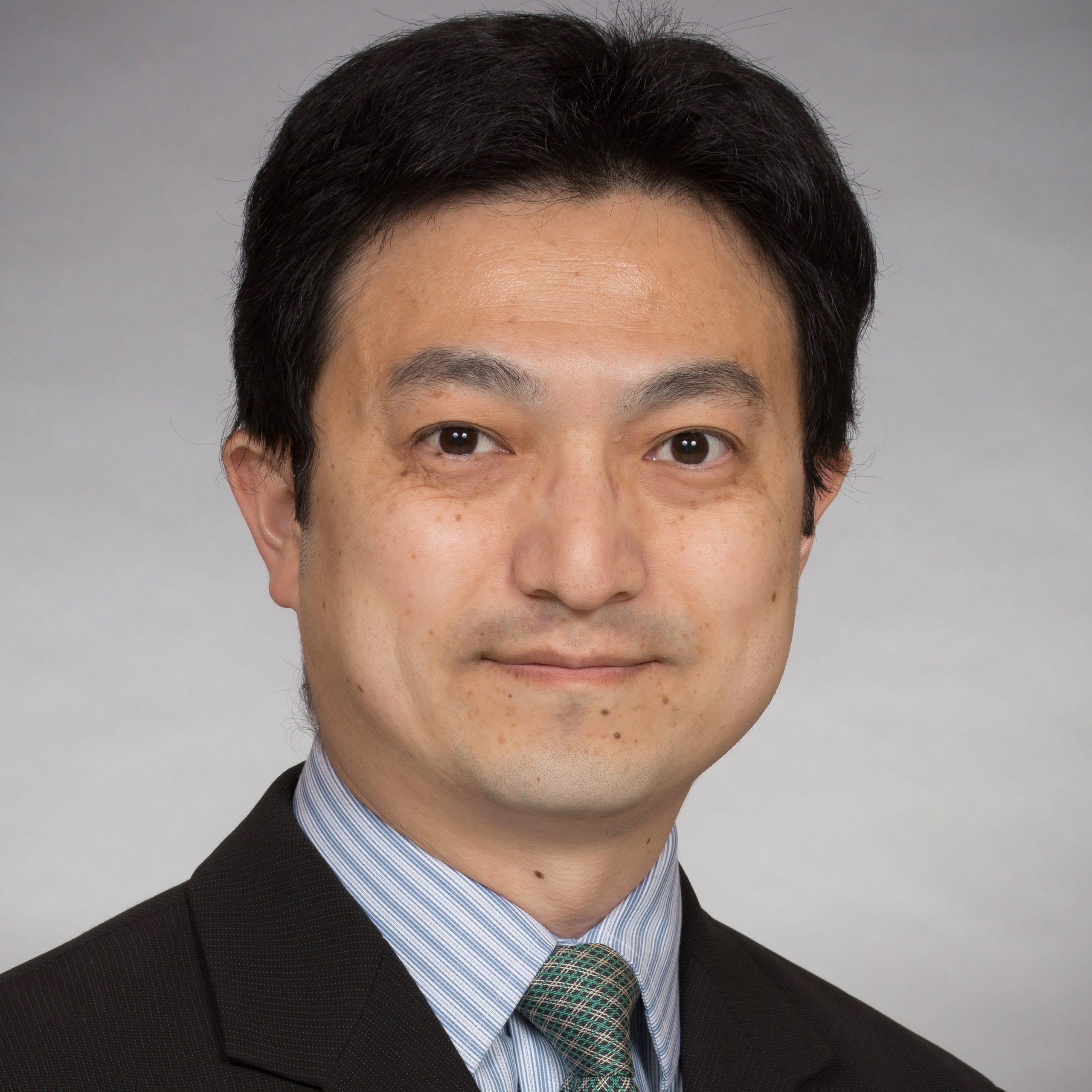
Masaoki Kawasumi, MD, PhD
Assistant Professor of Medicine
Division of Dermatology
Department of Medicine
University of Washington School of Medicine
Adjunct Assistant Professor of Oral Health Sciences
Department of Oral Health Sciences
University of Washington School of Dentistry
Graduate Faculty Member
University of Washington Graduate School
Office: 206-897-5456
Lab: 206-897-5440
Fax: 206-897-5442
Email: [email protected]
1999 MD, Keio University School of Medicine (Tokyo, Japan)
2004 PhD (Neuroscience), Keio University Graduate School of Medicine (Tokyo, Japan)
Masaoki Kawasumi is a photobiology and skin cancer researcher at the University of Washington in Seattle.
During medical school, Masaoki had the opportunity to work with Masafumi Nishizawa, PhD (Microbiology, Keio University), elucidating the regulation of cell cycle progression in yeast.
After graduating from Keio University School of Medicine, Dr. Kawasumi received PhD training in the neuroscience field (Dissertation Adviser: Ikuo Nishimoto, MD, PhD, Pharmacology, Keio University). He generated a knock-in mouse model for Alzheimer’s disease that recapitulated memory deficits analogous to those in humans.
In 2004, Dr. Kawasumi joined Dr. Nghiem’s laboratory at Massachusetts General Hospital as a postdoctoral fellow. In 2006, Dr. Kawasumi moved from Boston to Seattle when Dr. Nghiem moved his laboratory to the University of Washington. Since then, Dr. Kawasumi has been conducting research in skin cancer biology, particularly addressing how cells respond to UV damage and how the DNA damage response can be harnessed to prevent UV-associated skin cancers, the most prevalent cancers in the U.S.
After completing postdoctoral work with Paul Nghiem, Dr. Kawasumi launched a research laboratory in 2016 at the University of Washington Dermatology. The Kawasumi Lab focuses on elucidating molecular mechanisms of UV-mediated diseases (skin cancer and lupus). His research has been supported by the National Institutes of Health and Dermatology Foundation.
Current Members
Kostantin Kiianitsa, PhD
2021–Present
Kostantin is a PhD scientist with background in the DNA damage repair and sensitivity of cancer cells treated with DNA-damaging chemotherapeutics. He is an inventor of the technique, Rapid Assay of the DNA Adduct Response (RADAR), that measures DNA-protein crosslinks in live cells in response to drug treatment. He joined our lab to study biology, epigenetics and DNA damage response pathways in skin cancer.
Former Members
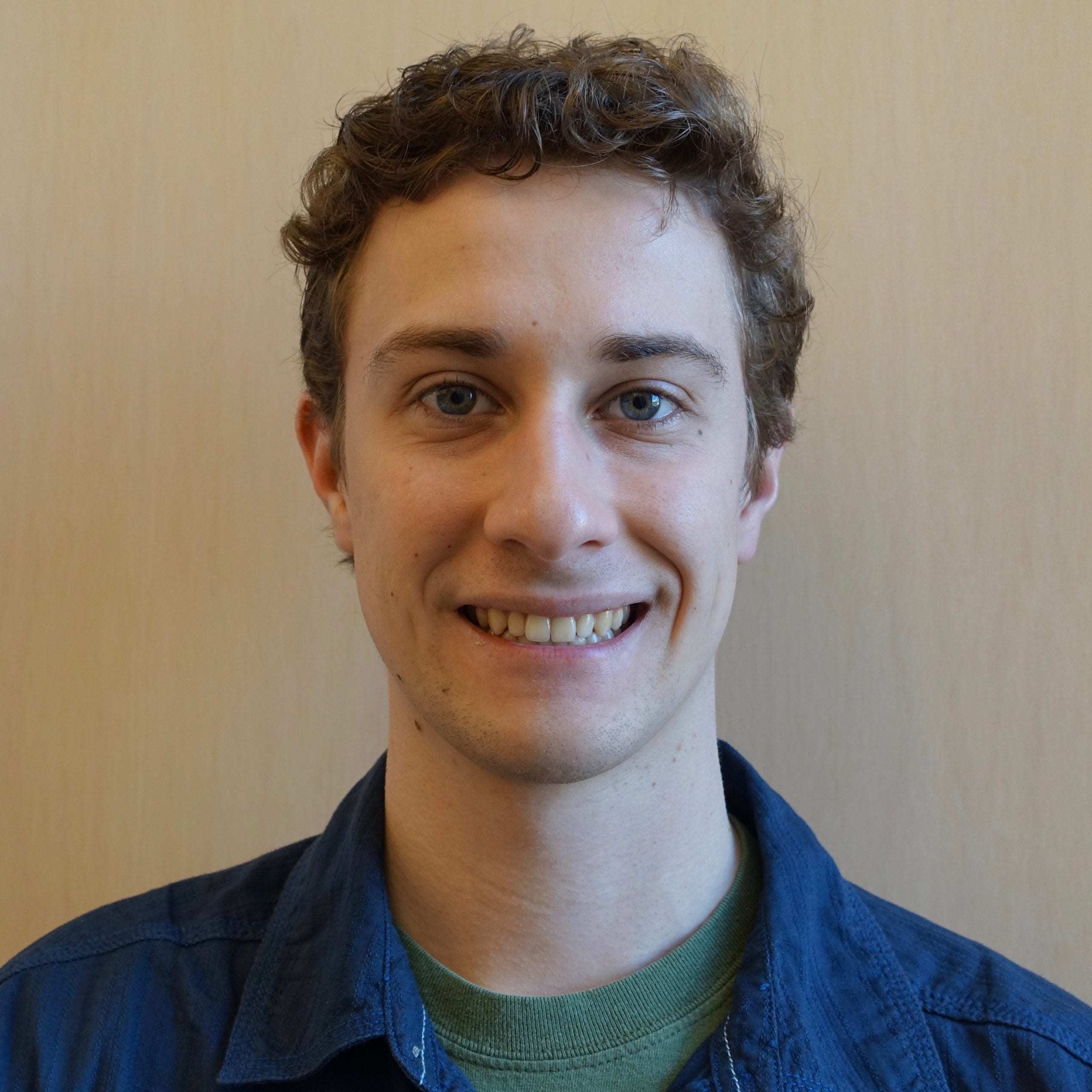
Joseph R. Walsh
Joseph is an undergraduate at the University of Washington. He joined our lab to gain extensive research experience.
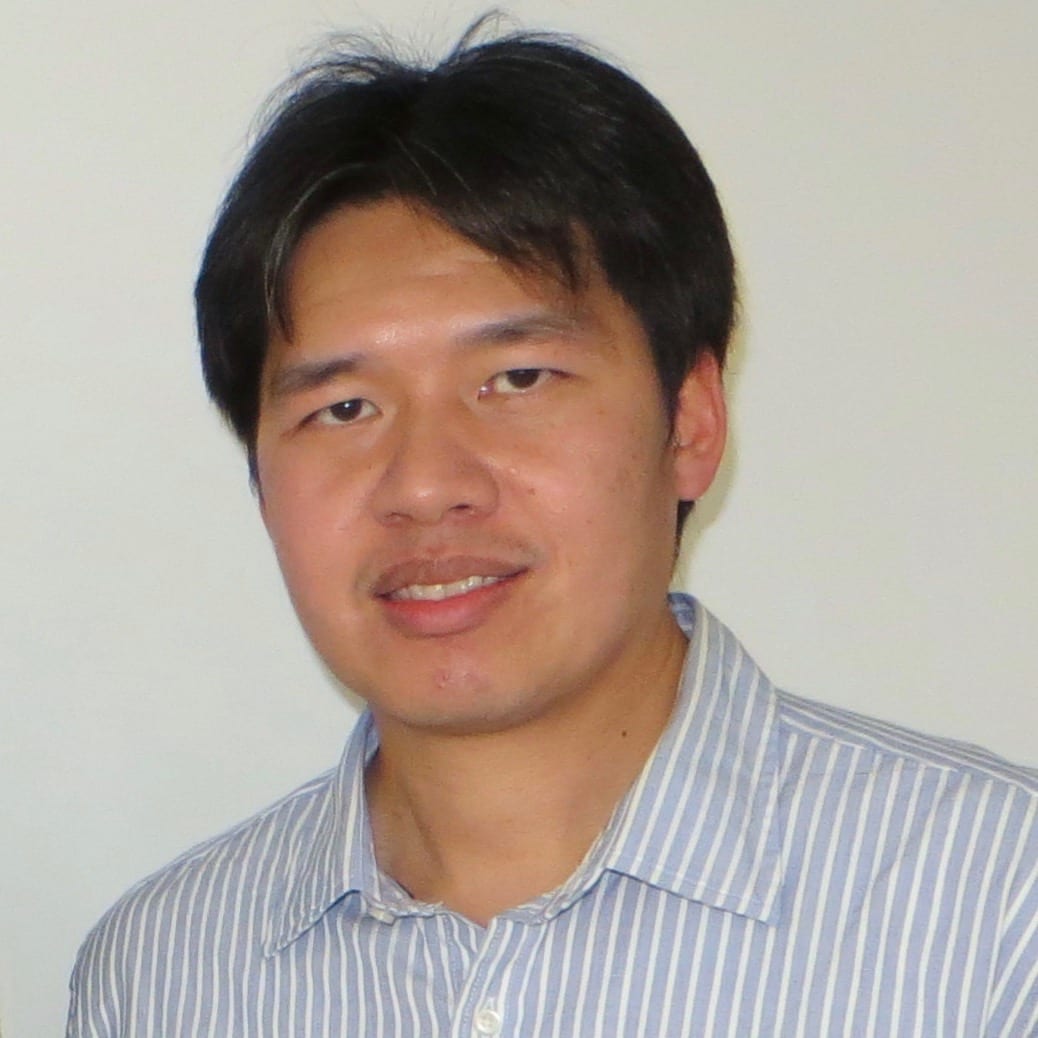
Kai-Feng Hung, DDS, MS
2009–2015
Kaifeng is an oral and maxillofacial surgeon in Taiwan and sees patients with oral cancer associated with betel-quid and areca-nut chewing at National Yang-Ming University. He joined Dr. Nghiem’s Laboratory (Dermatology) as a PhD student to elucidate fundamental mechanisms of UV-induced DNA damage responses, working with Dr. Kawasumi. Kaifeng’s Doctoral Dissertation is entitled “Distinct effects of the two major types of UV-induced DNA lesions on DNA damage responses.”
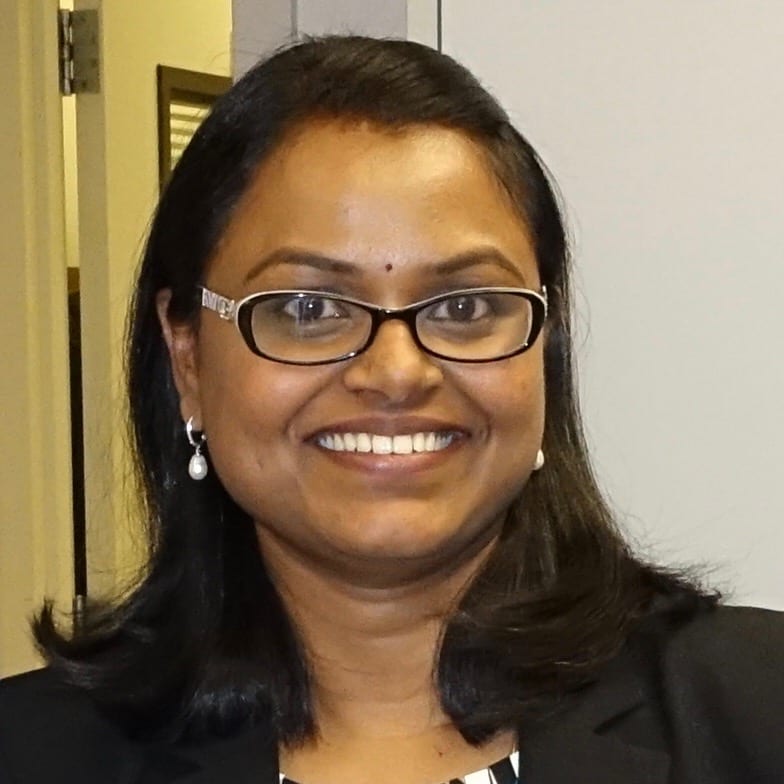
Lavanya Samraj, MDS
2015–2017
Lavanya is a master’s student in oral biology from India. She joined our lab to elucidate the effects of caffeine or ATR inhibition on error-prone translesion synthesis in the presence of UV-induced DNA lesions. Her Master’s Thesis is entitled “Molecular mechanisms of DNA replication across UV-induced DNA lesions and novel approaches to suppress UV mutagenesis.”
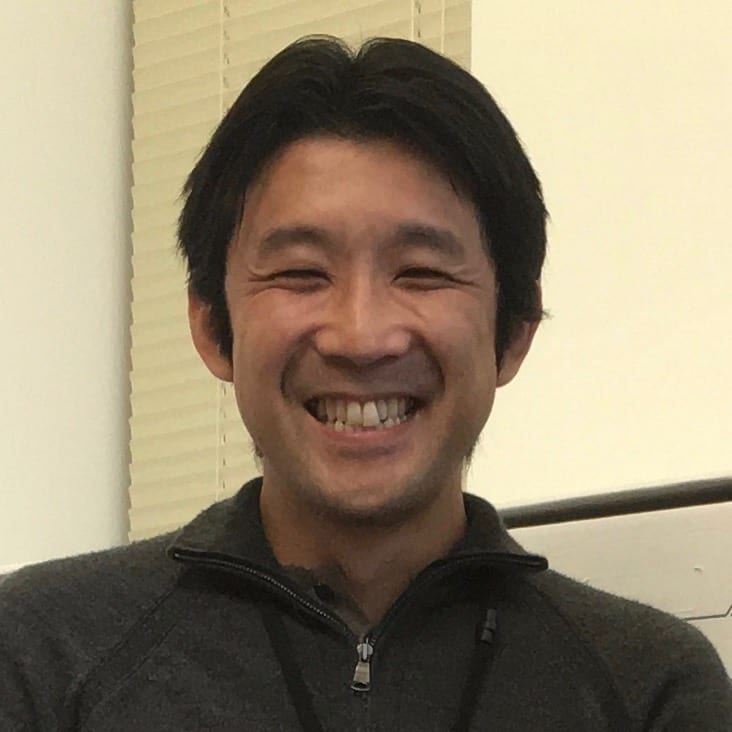
Takeshi Yanagishita, MD, PhD
2015–2017
Takeshi is a dermatologist in Japan and conducts research on the pathophysiology of perspiration (sweating) disorders such as hyperhidrosis and anhidrosis at Aichi Medical University. He joined our lab to advance UV carcinogenesis research and investigate the effects of chronic UV irradiation on genetic and epigenetic alterations in skin cancer.
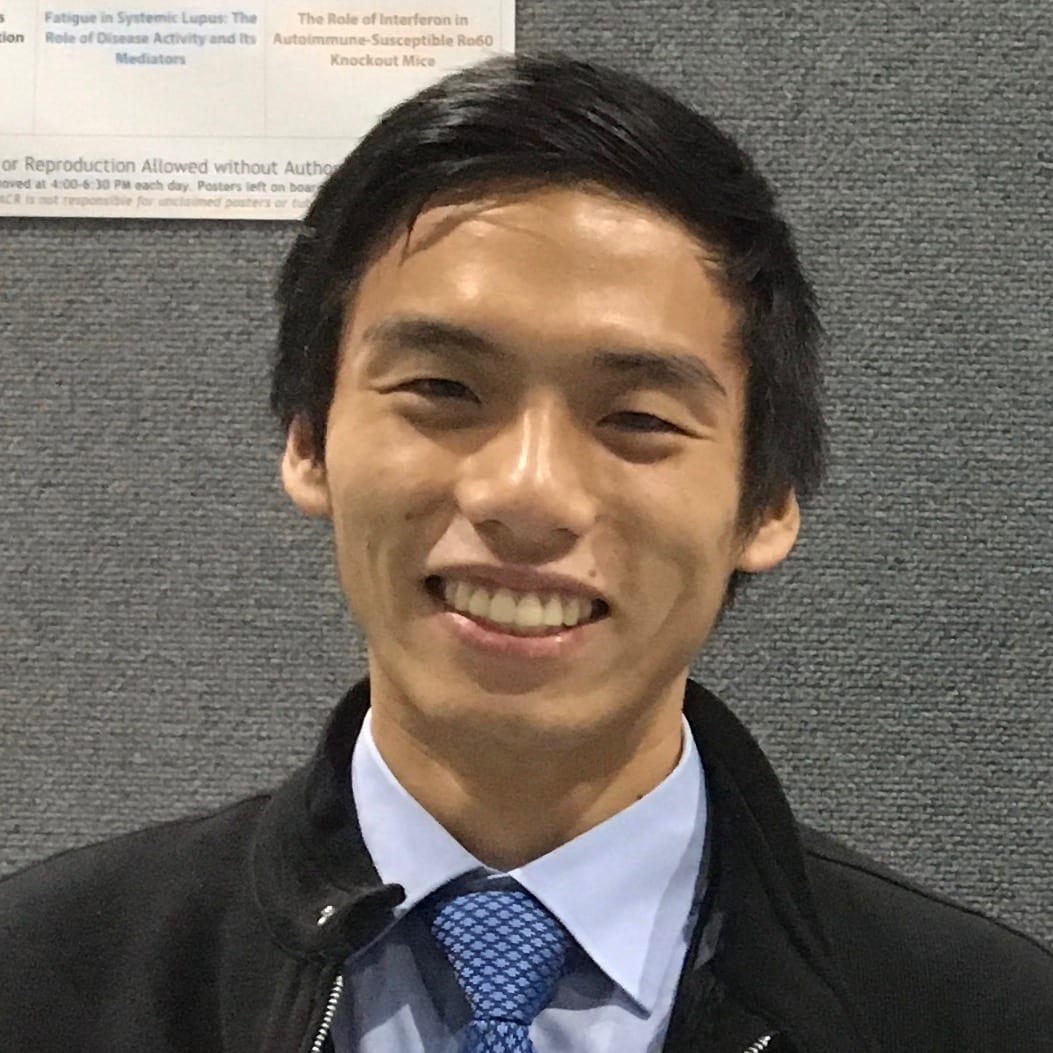
Edward Chiou, BS
2017
Eddie is a medical student at the University of Washington. He performed collaborative research on UV-induced lupus with Dr. Keith Elkon (UW Rheumatology).
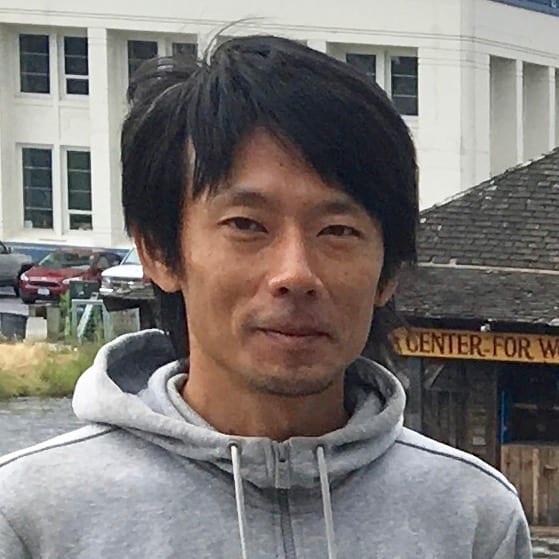
Naoya Tatsumi, PhD
Naoya is a PhD scientist from Osaka University. He joined our lab to conduct research on epigenome editing for inhibiting skin cancer.
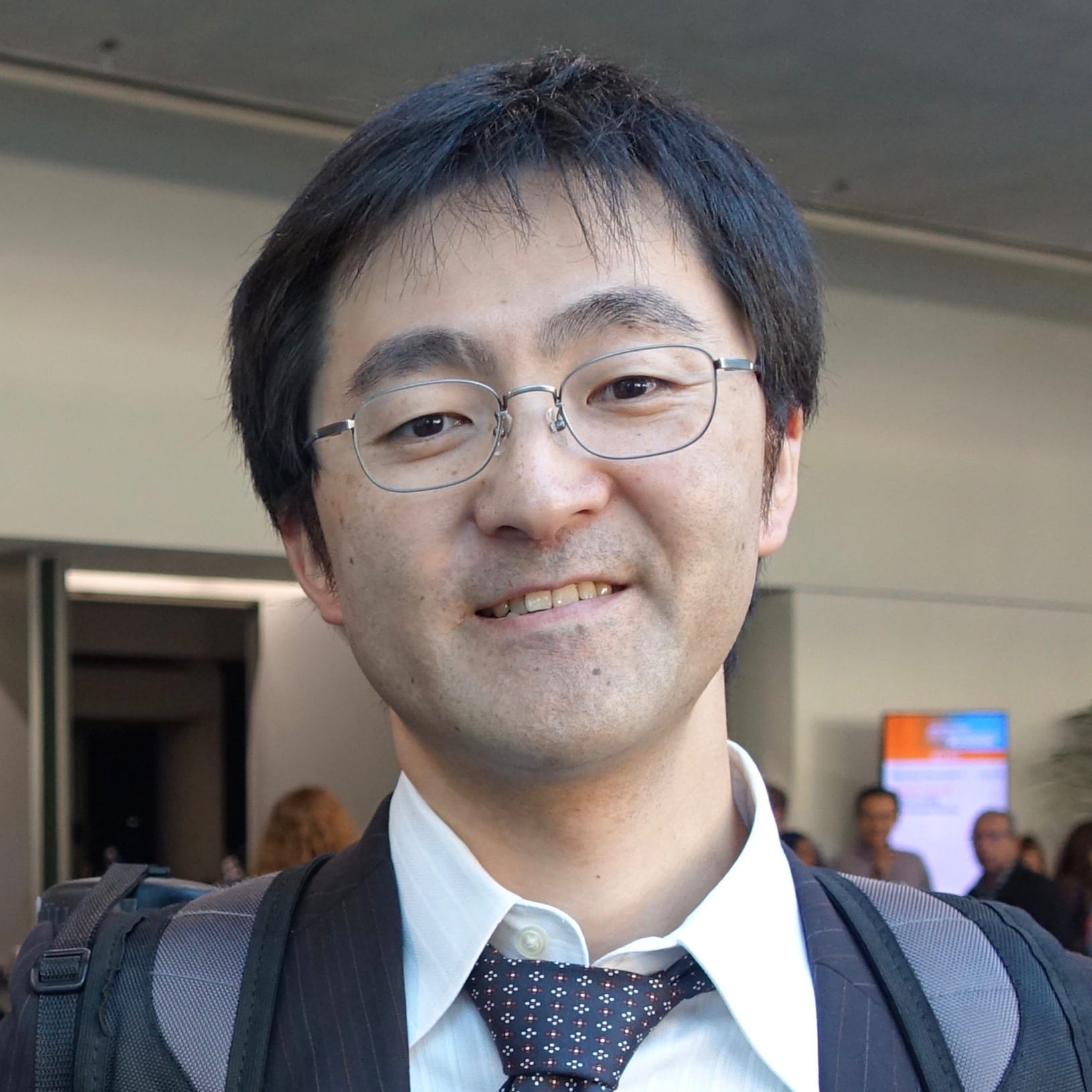
Daiki Rokunohe, MD, PhD
Daiki is a dermatologist in Japan and sees many skin cancer patients at Hirosaki University. He joined our lab to advance skin cancer research by using Duplex Sequencing technology in collaboration with Dr. Lawrence Loeb (UW Pathology). Also, he conducts research on UV-induced lupus in collaboration with Dr. Keith Elkon (UW Rheumatology).
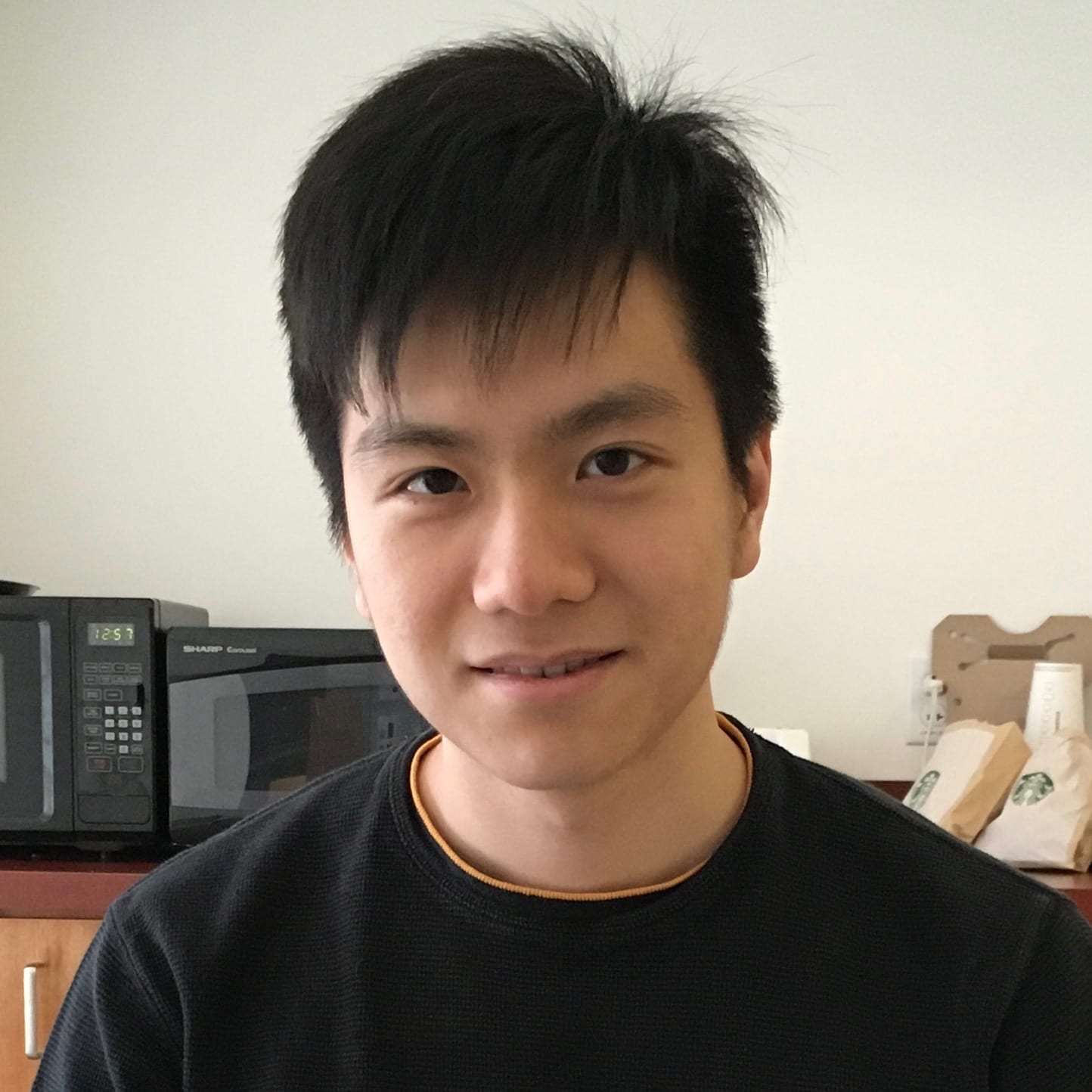
Jihoon W. Lee, BS
2017–present
Jihoon is a medical student at the University of Washington. He initiated our epigenome editing project in the summer of 2017 as the Medical Student Research Training Program (MSRTP).